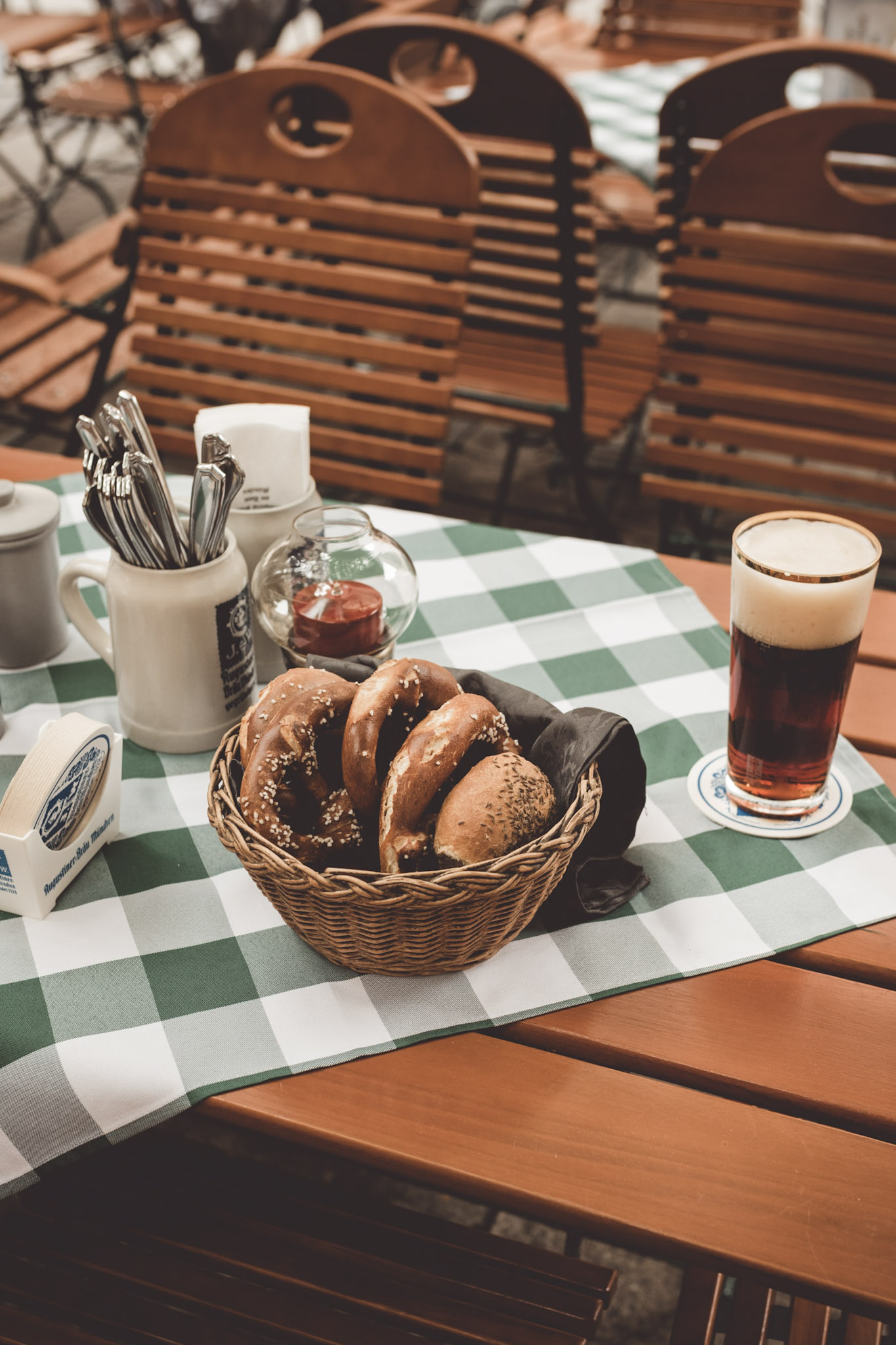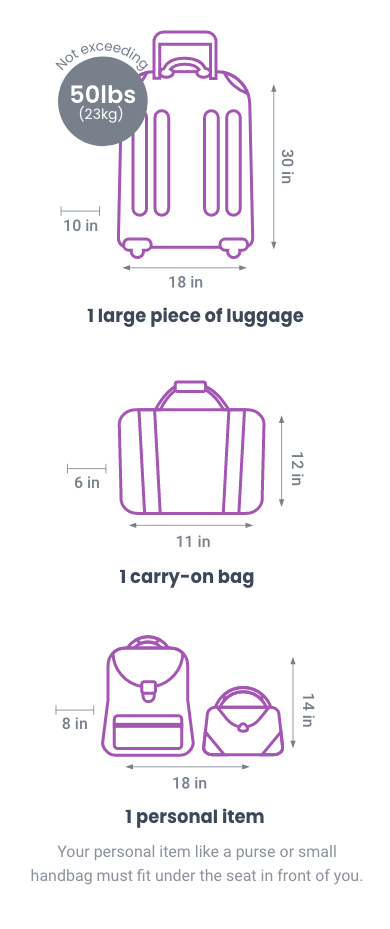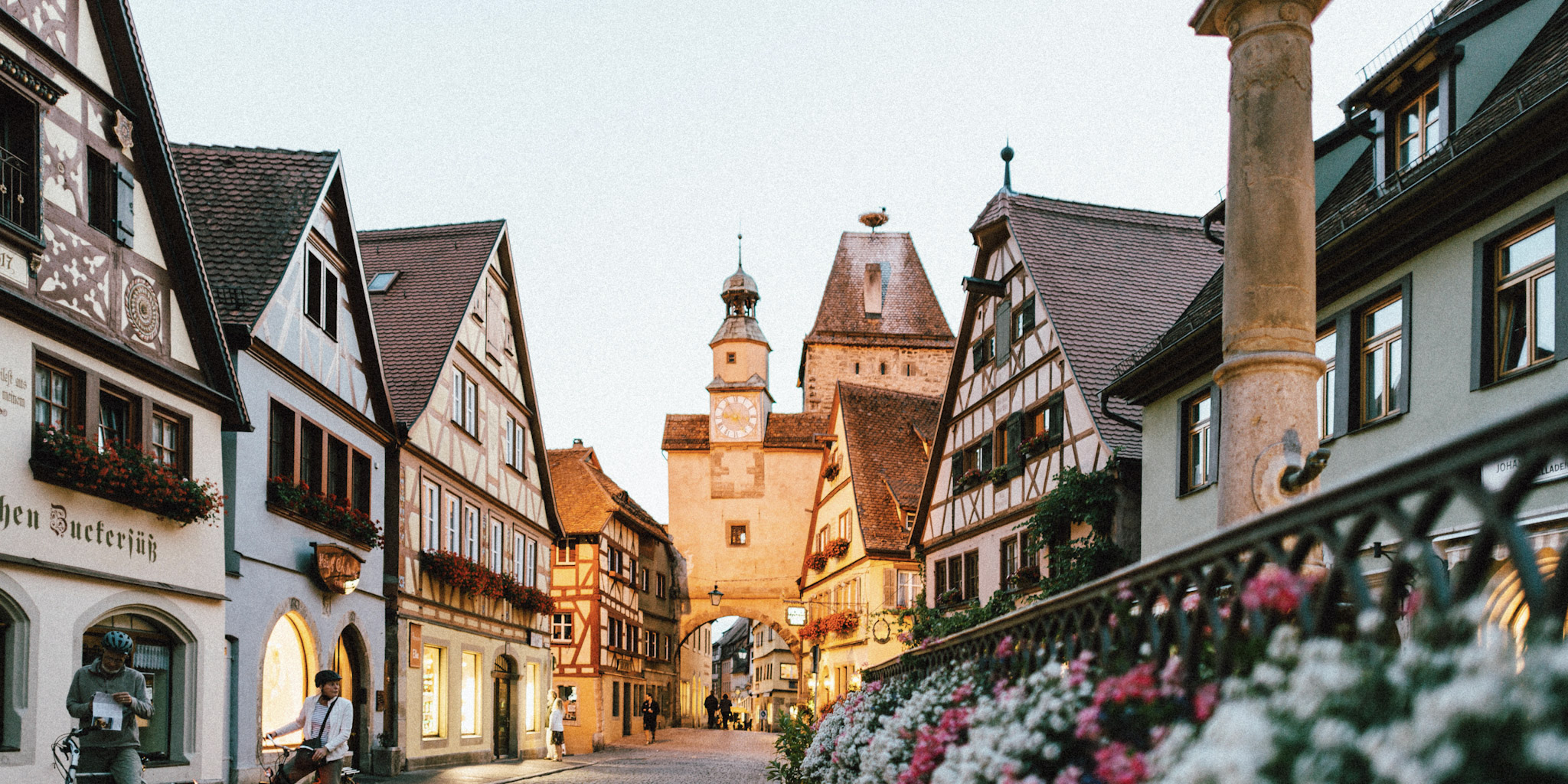About Germany
Overview
Germany, in Western Europe, with its colorful and ancient architecture, scenic landscapes, mountain ranges and endless white sand beaches is said to be one of the most beautiful tourist destinations in the world, covering more than 2 thousand years of history. There are more than 20,000 castles in Germany, as well as the breathtaking Cologne Cathedral, the largest Gothic church in northern Europe, whose twin towers stand 515 feet tall. Construction on this magnificent structure began in 1248 and it was declared a World Heritage site in 1996. The capital city of Berlin, dating back to the 13th century, is home to iconic monuments, like the Brandenburg Gate, as well as reminders of its more infamous recent past, including graffitied remnants of the Berlin wall and many other sites relating to WWII.
Disclaimer: Space is a precious commodity in Europe, especially in its most dense cities, be prepared for smaller hotel rooms. The same goes for bathrooms and elevators, don’t be surprised if they feel cozier than those in the US.
Capital City: Berlin
Population: 84.17 Million (2022 est.)
Currency: Euro (Є), cash is preferred over credit cards for all payments
Time Zone: Central European Summer Time - CEST (GMT+2)
Emergency Number: 110 / 112
Outlet: Type C/F


Packing List
Speak the Language
Language: The official language of Germany is German.
- Good morning - Guten Morgen
- Good afternoon - Guten Tag
- Good night - Guten Nacht
- Goodbye - Auf Wiedersehen
- See you soon - She dich später
- Thank you - Danke
- How are you? - Wie get es dir?
- I’m fine - Es geht mir gut
- I’m sorry - Es tut mir Leid
- Where is... - Wo ist...
- The bathroom - die toilette?
- An ATM - ein geldautomat?
Google Translate: Google Translate: Download the Google Translate app or click here

Fun Facts
- Munich is the second most punctual large airport in the world – out of the category of large airports, only Tokyo is more punctual
- Beer plays a big role in German life, and it has done for generations. In fact, the world's oldest brewery is German. Weihenstephan Abbey has been brewing up its own varieties since 1040. Germans also consume 104 liters of beer every year – ranking them 4th in the world.
- Despite its name, Munich's massive beer festival Oktoberfest actually starts in September and is over by the first few days of October.
- People often associate canals with Amsterdam or Venice, but Berlin outdoes both of them. No city in the world has more canals than the German capital, which hosts 120 miles of waterways.
- There are over 1,000 varieties of sausage and over 300 kinds of bread in Germany.
Tipping
Tipping Suggestions: Tips for Guides, drivers and restaurants are not included. Tips provide supplemental income, and, while not mandatory, are greatly appreciated. If the local teams have added to the experience, please reward them.
| Guides | USD $5-10 per person/per day | |
| Drivers | USD $3-4 per person/per day | |
| Restaurants | 10% of total bill |
FAQ
Where can I find information on travel safety? Check out the US Department of State's website for the most up-to-date information on safety while traveling. To minimize the risk of pickpocketing it is recommended to be discreet: don’t flash anything of value, keep a firm hand on your camera, and carry shoulder bags slung across your body. Overall it’s a good idea to avoid badly lit areas completely at night and deserted inner-city areas by day.
Is the water safe to drink? Yes, you can safely drink tap water in Germany. The quality of German tap water is strictly regulated by the government, making it one of the cleanest tap waters in the world.
Do I need a Visa? For Visa information, visit click here. Make sure your passport is valid for at least six months after you return home and has two or more blank pages. Otherwise, some countries may not let you enter.
What about vaccines? For vaccination information, click here.
Do you recommend travel insurance? While not required, we highly recommend all travelers get travel insurance for their trip to protect themselves from the unknown! Check out travel insurance options from our partner, worldnomads.com or from a provider of your choice.
What does public transportation look like? Public Transport in Germany and Europe is usually excellent. It is very practical to live in any large German city or metropolitan area without owning a car. Even medium-sized cities have good public transportation networks that use buses, trams, and urban/suburban rail lines to move people around.
How much should I pack? As we will be using shared transfers and spaces throughout our tour we recommend all travelers pack as lightly as possible. Please review our luggage restrictions below.
Is Uber or Lyft available? Uber is available in larger cities like Berlin, Frankfurt and Hamburg.
What about Wifi? There is wifi in hotels and airports, stations, restaurants, shops and malls. 4G is readily available and 5G is being rolled out.
Luggage Restrictions
.jpg)


